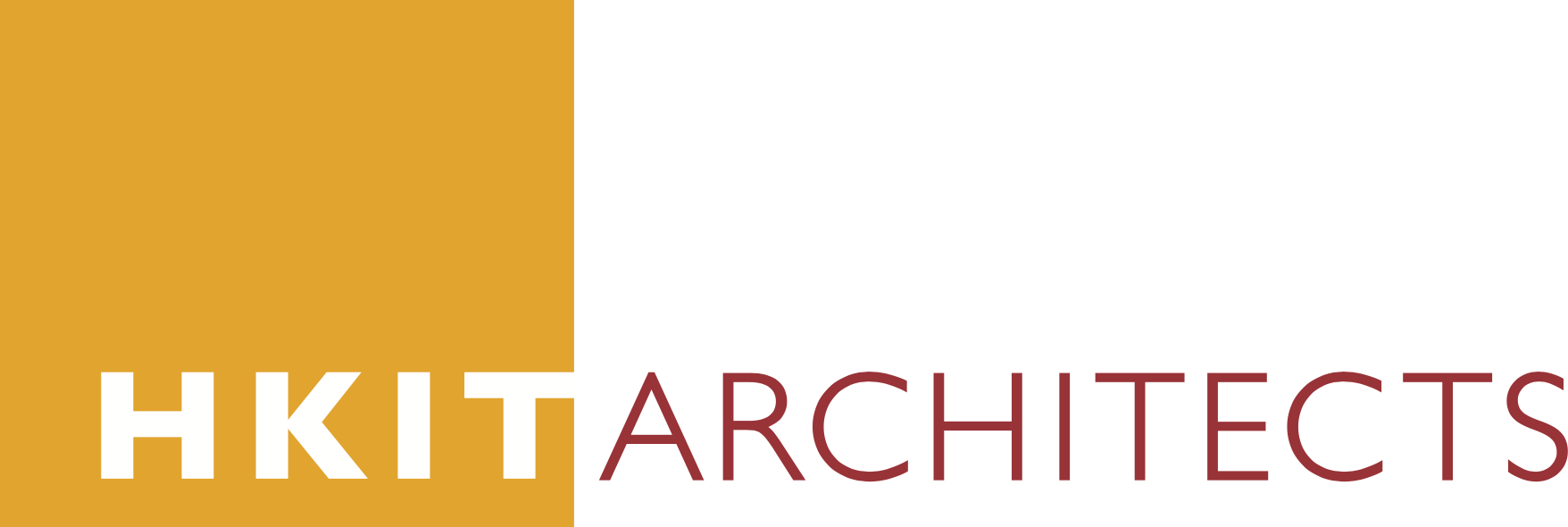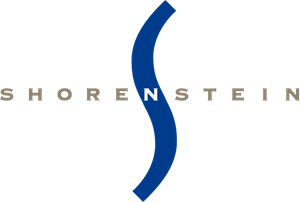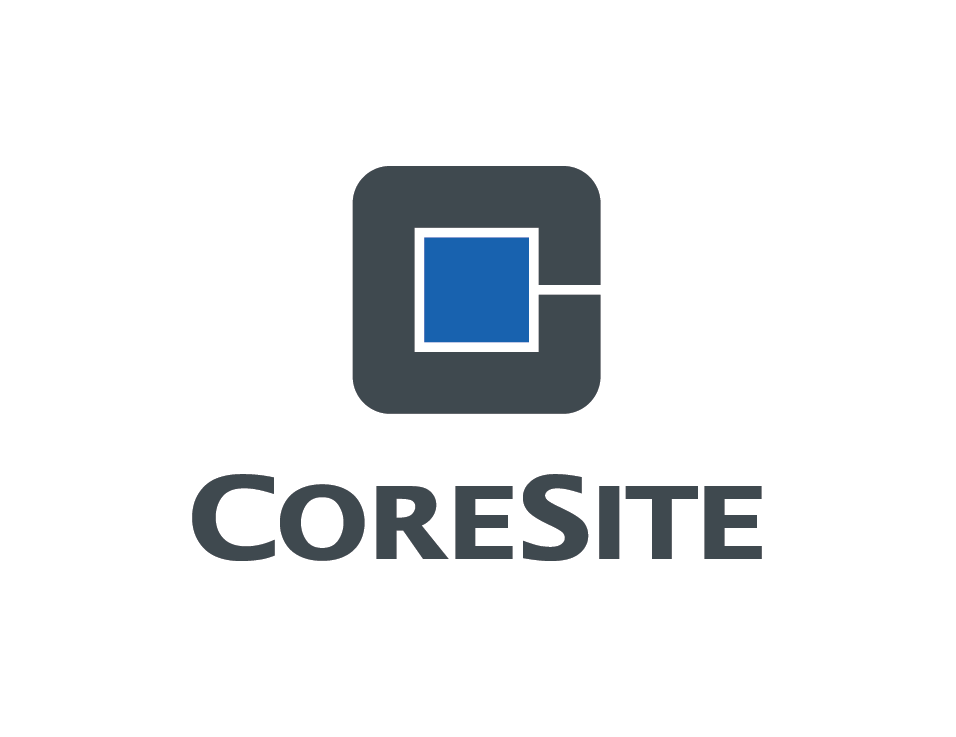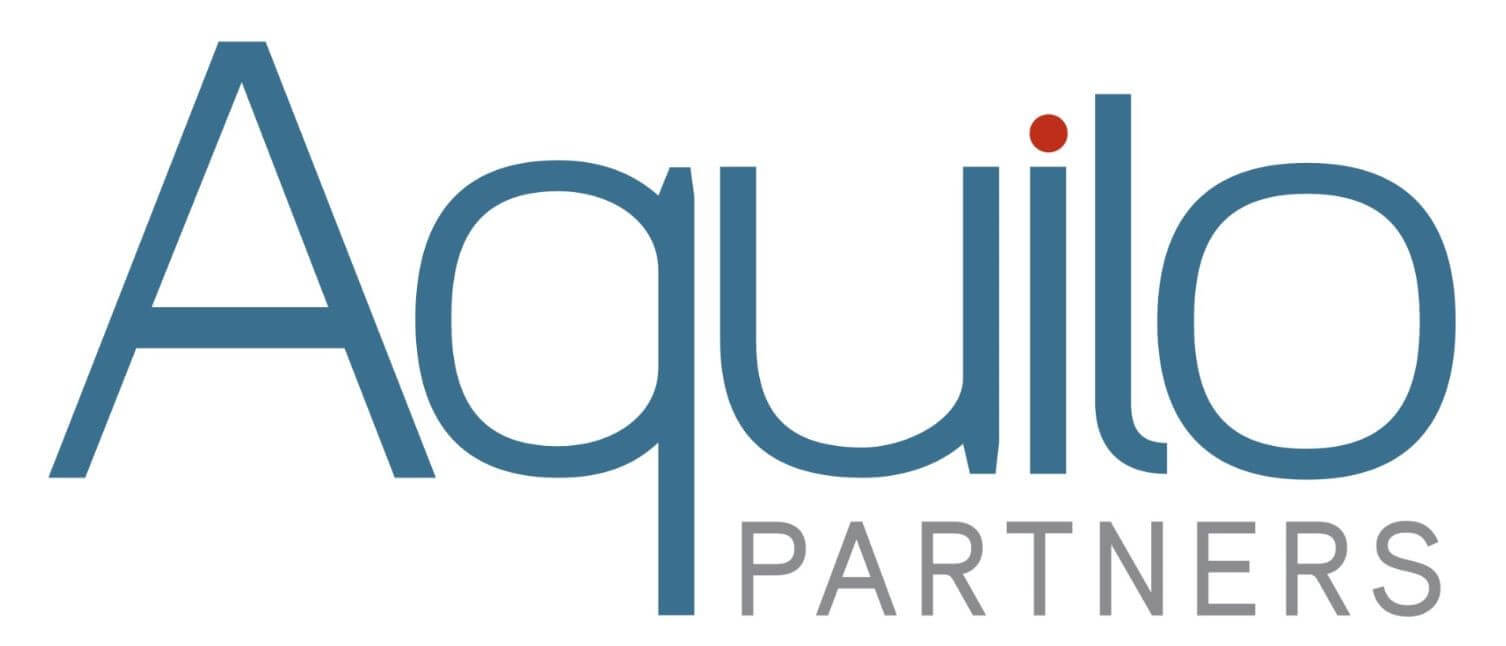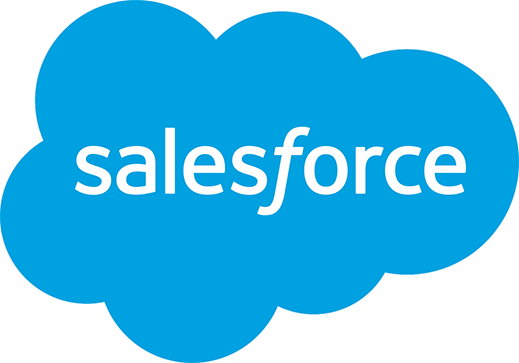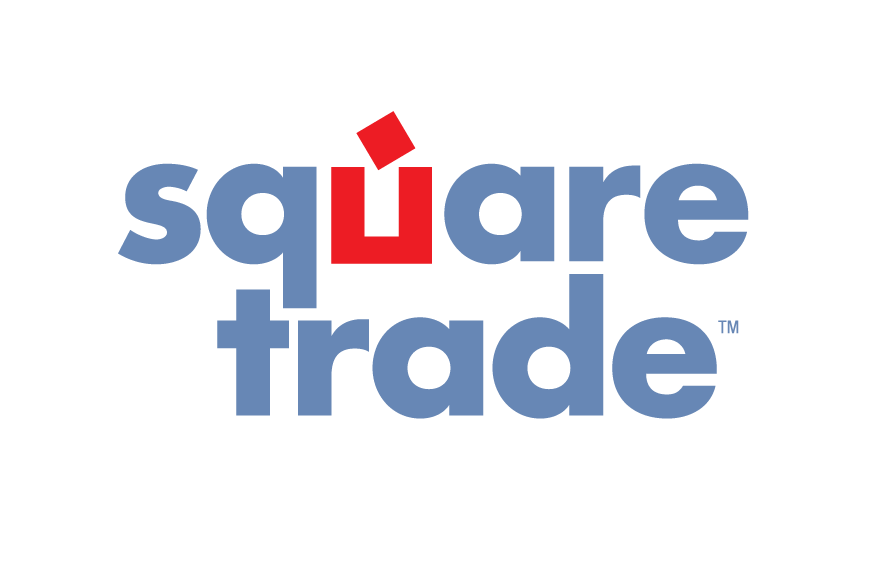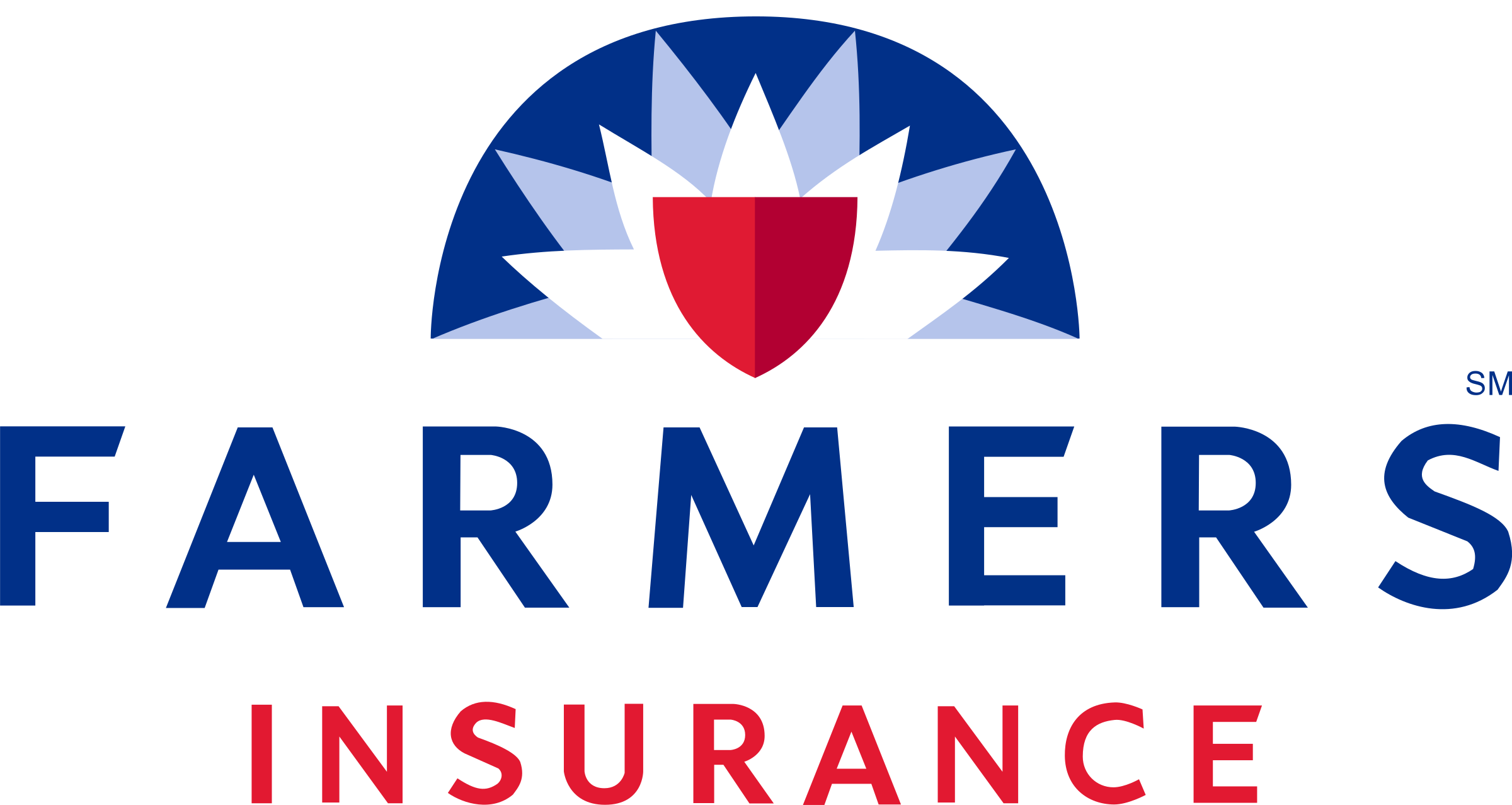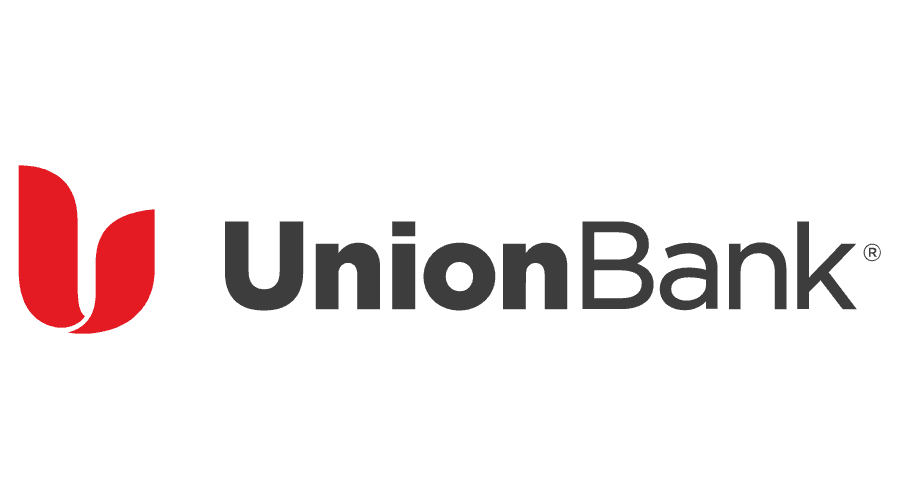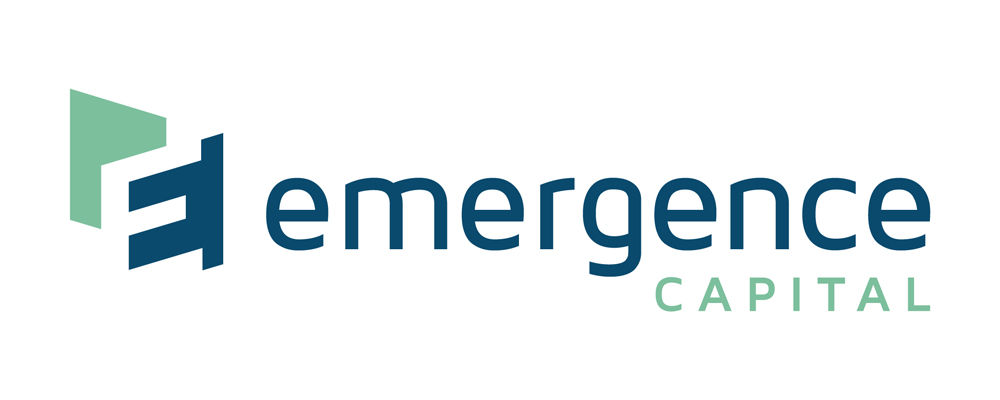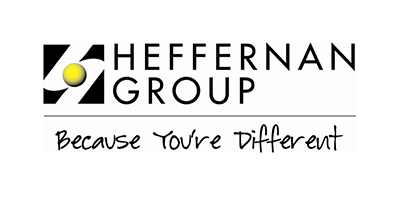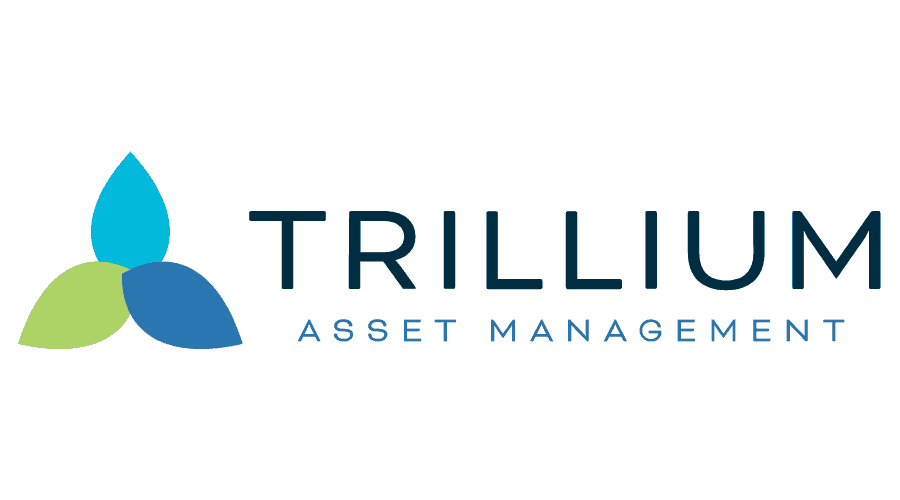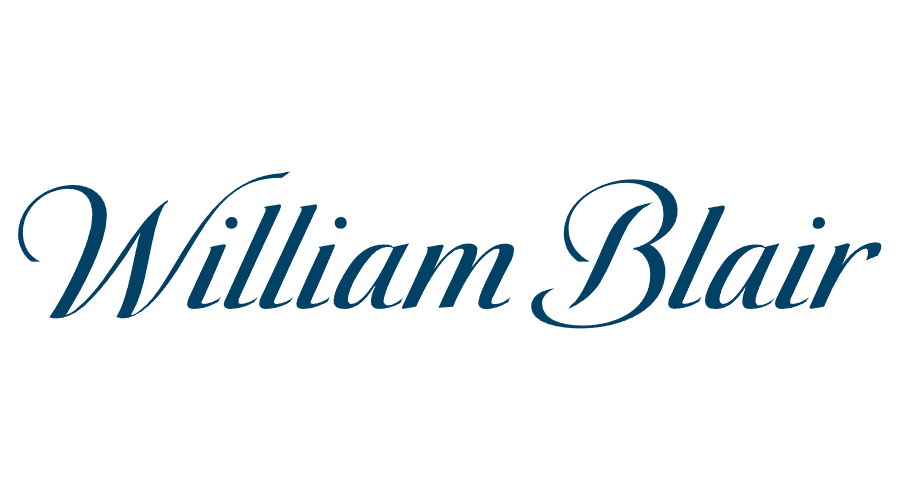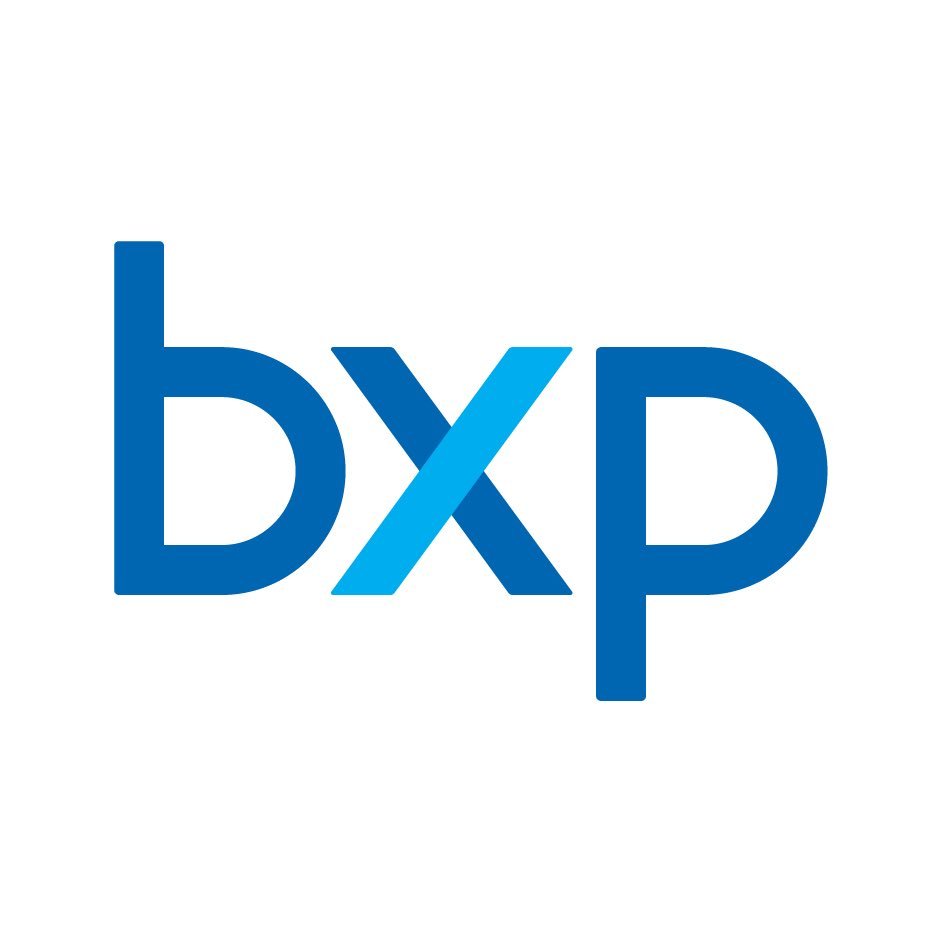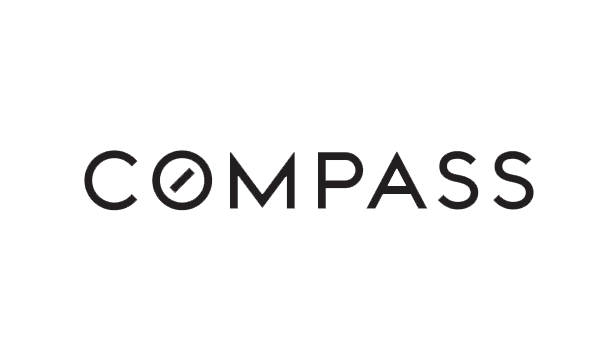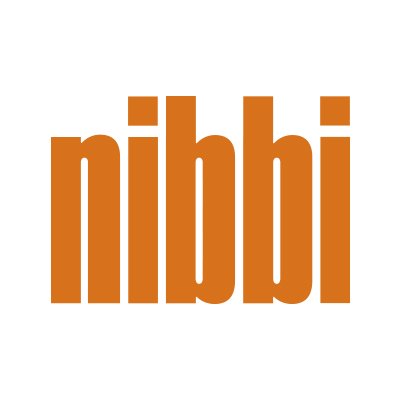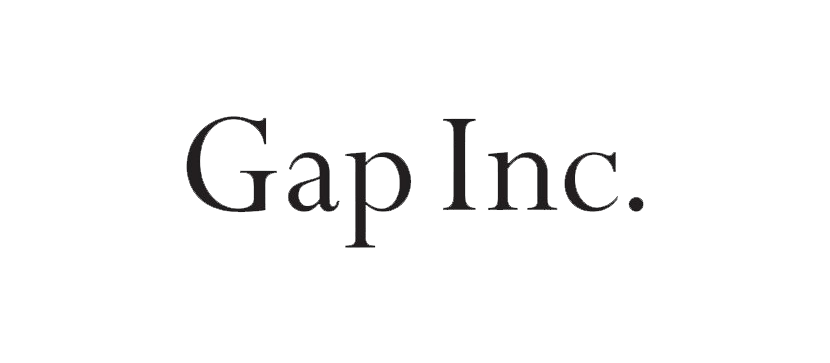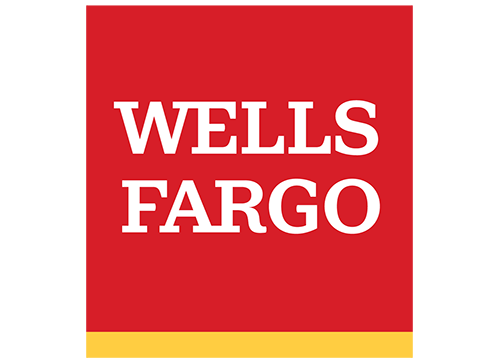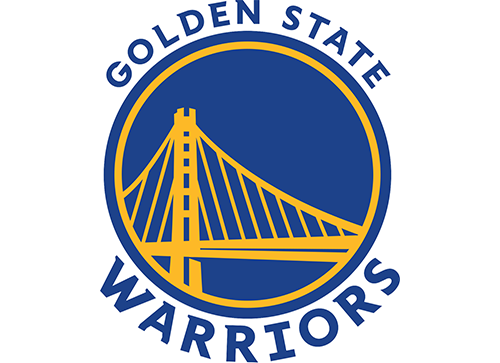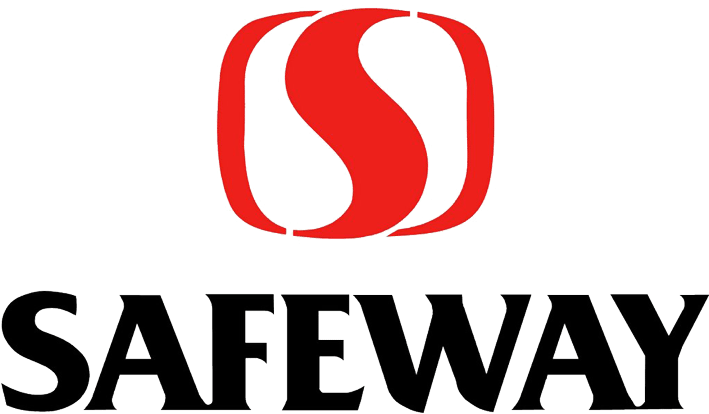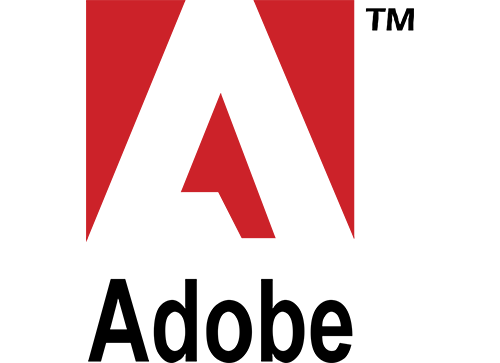SF Business Times: New exec at longtime homeless nonprofit navigates a difficult new climate
This story originally appeared in the San Francisco Business Times
By Ron Leuty, Senior Reporter, San Francisco Business Times
Dr. Terry Osback has seen a lot in his 40 years in health care, much of it spent working with homeless people. But now is an especially critical time, says the new chief medical officer of St. Anthony Foundation.
With President Donald Trump testing the limits of presidential power —and with Trump’s new attorney general, Pam Bondi, threatening to limit federal funding for cities offering sanctuary for undocumented immigrants— each policy change makes it more difficult for the 75-year-old San Francisco nonprofit to reach the people it needs to reach.
“This is a population that experiences a lot of insecurity around the federal issues,” said Osback, who oversees St. Anthony’s medical clinic and the foundation’s unique, integrated approach to care. “We serve a lot of undocumented people in the clinic, and their risk is just coming to the clinic” for fear of being seized and deported.
St. Anthony, which employs about 300 people and operates with an annual budget of about $40 million, doesn’t release personal information to any agency without a patient’s permission, Osback noted.
St. Anthony isn’t hit by federal funding threats as much as other nonprofits may be, Osback said, since the foundation receives 90% of its money from corporate and individual philanthropy. But predicting those sources of cash is increasingly difficult as endowments and old-school San Francisco families die out or pull back on donations.
The slow evaporation of that funding makes it more difficult for St. Anthony to scale its services, including the medical clinic that serves 2,500 individuals or families through more than 11,000 visits a year, its dining hall that serves 2,000 meals a day, a hygiene center where homeless people can shower and wash their clothes and a residential substance abuse program that gets upwards of 1,200 visits a month.
“And it’s growing,” Osback said.
San Francisco’s annual count of sheltered and unsheltered people last year put the homeless population at 8,323 people, compared to 8,035 in 2019.
“I’ve worked in the homeless world in various settings and various states for 40 years and the political approach is very focused on single issues: mental health, substance use, poverty.” Osback said.
“Housing alone doesn’t do anything. Mental health alone doesn’t do anything. I’m encouraged by people seeing (homelessness) be multi-factoral, because there’s no one solution.”
That’s where St. Anthony’s approach comes into play. Inside each of its services is a health care component, based on the “personalism” model of the Franciscan religious order within the Catholic Church. That is designed to “meet people where they are,” Osback said.
The medical mission of St. Anthony, while consuming roughly a quarter of the Tenderloin nonprofit’s budget, is integrated in all aspects of its services, what St. Anthony personnel call “co-visits.” That means a behavioral health clinician or a psychiatrist, like Osback, for example, may accompany a medical doctor to see patients, creating a one-stop-shop for services. Meanwhile, the hygiene center is staffed with a wound care specialist, and health care is available through St. Anthony at the city-run Oasis emergency family shelter in the Civic Center neighborhood.
It’s not a lucrative way to provide health care. Insurance programs, particularly the federal Medicare and state-run MediCal programs, reimburse based on a single visit by a single practitioner. But Osback said co-visits, though tough to coordinate, are the best way to address the multiple factors involved in homelessness at one time.
“We can look at the problem and see the best care we can provide, rather than what’s the best care we can afford to provide.”
The pressure to do so with limited cash is ratcheted up with Trump’s hard-core policies, including the president’s proposed dismantling of constitutionally protected “birthright citizenship” for people born in the United States. The most recent far-right push arrived Wednesday in Bondi’s directive at sanctuary cities harboring undocumented immigrants.
“We’re facing some of the worst changes on those issues in many, many ways,” Osback said. “We are all feeling a huge amount of anxiety.”
Osback joined St. Anthony in November at the urging of Dr. Larry Kwan, who co-founded with Osback the Valley Homeless Health Care Program in San Jose and became St. Anthony’s CEO in April.
Kwan was Osback’s predecessor as St. Anthony’s chief medical officer.
Over his 40-year career, Osback has been an innovator. He set up the first psychiatric emergency services program in Oregon, for example, and led the psychiatry department at Valley Medical Center. He also has held leadership roles at California Pacific Medical Center and health care centers in Alaska and Oregon.
Osback’s goal at this point in his career is for St. Anthony to increase its role in teaching the next generation of health care professionals focused on serving the homeless population. The nonprofit’s staff includes a postdoctoral fellow in psychology and an addiction fellow from the University of California, San Francisco.
“This is extremely satisfying work. As a staff, we share the sense of the mission. It’s important to feel like you’re contributing and making a difference.”






